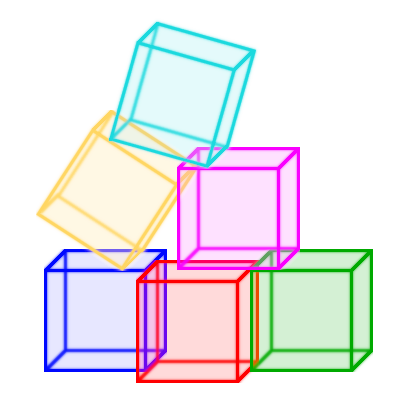Python application component initialization system
Full documantation is available at Read the Docs
The regular application contains many atomic components. Asyncio makes their initializing a little bit complicated. It's OK, when you have a single entrypoint and initialize your application components via your framework. While you add new components to your application iteratively, you don't see any problem
When you create any new entrypoint, you have to think a lot, how to initialize application components again, which callbacks should be called and in which order. But it's a half of the problem! You also have to implement a graceful shutdown
The most painful part is one-time scripts. It's kind of The Banana Gorilla Problem: you just want a banana but you have to initialize a gorilla holding the banana and the entire jungle, and then gracefully shutdown it
This library allows you to implement application startup and shutdown in a
declarative way. You have to implement a class for each your component,
write the startup and shutdown code. Then you have to combine required
components as mixins into the current application App class. Then create an
instance and pass dependencies as keyword arguments. In case it's a self-hosted
app you have to call the instance.run_sync() method
There are 6 the most significant stages of the application lifecycle:
-
on_initis called exactly once on the application startup -
pre_startupis called before the event loop is started -
on_startupis called exactly when the event loop has started -
on_shutdownis called when the application is going to shutdown or reload but the event loop is still working -
post_shutdownis called after event loop has stopped or drained. When application is going to reload, next it would be calledpre_startup -
on_exitis called exactly once when application is going to stop
You may to create Unit classes for each your application component where you
may put your code. Then you may combine these Unit class mixins into the
current App class, which composes your defined callbacks and runs in the
right order. Depending on application type, these callbacks may be called by
primary application or by yourself






